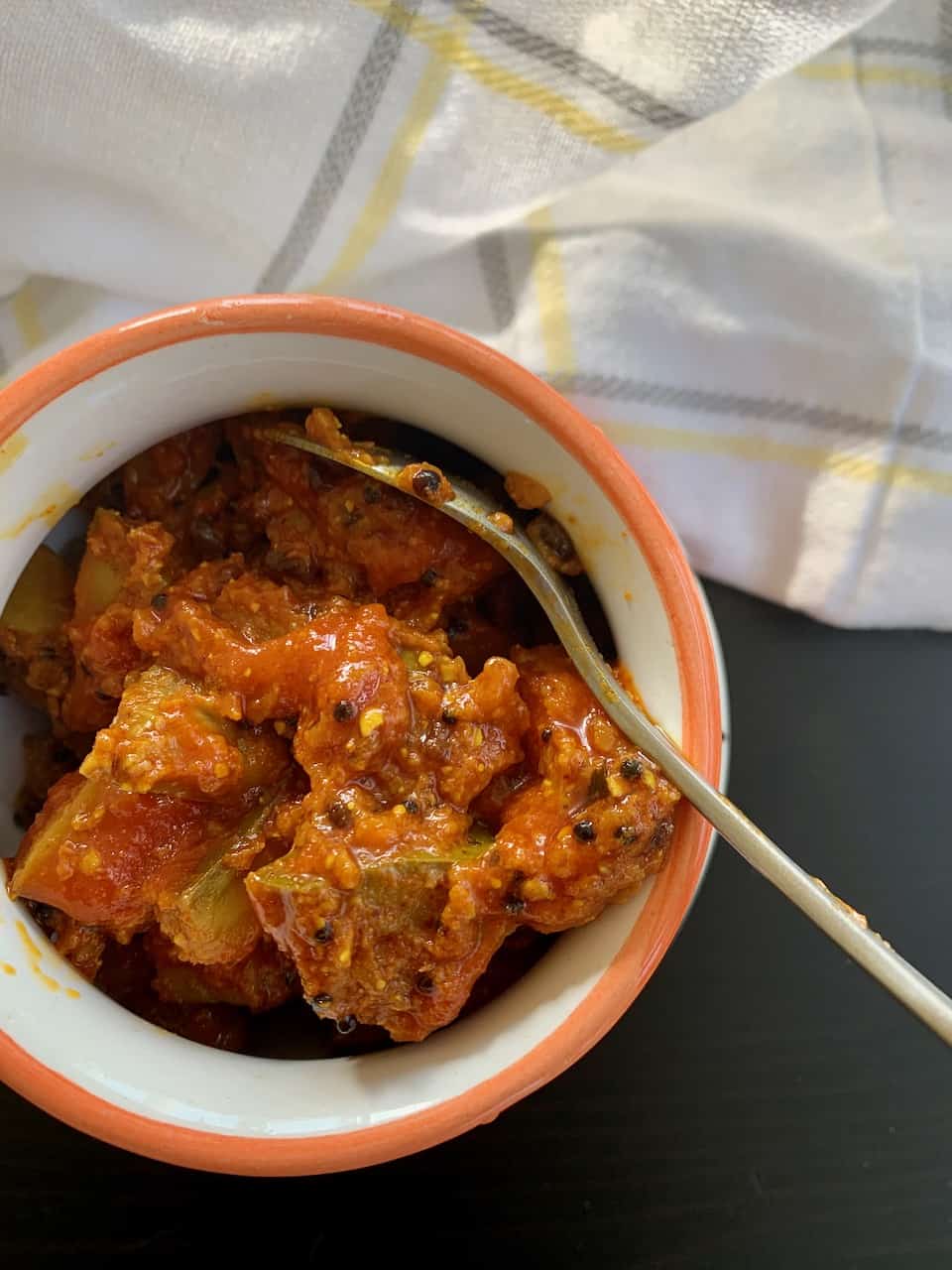 It is raw (green) mango season in India now and that’s when homemade pickles are usually made! Homemade Indian Pickles are fermented naturally and have probiotic bacteria in them and the mix of spices used – like fenugreek, mustard and asafetida – also work as a digestive aid, appetite stimulant and as a palate cleanser. The most important part is that they are absolutely delicious and if you have tested them once, then the very thought of them is going to make you drool! Yes they are that tantalizing!
It is raw (green) mango season in India now and that’s when homemade pickles are usually made! Homemade Indian Pickles are fermented naturally and have probiotic bacteria in them and the mix of spices used – like fenugreek, mustard and asafetida – also work as a digestive aid, appetite stimulant and as a palate cleanser. The most important part is that they are absolutely delicious and if you have tested them once, then the very thought of them is going to make you drool! Yes they are that tantalizing!
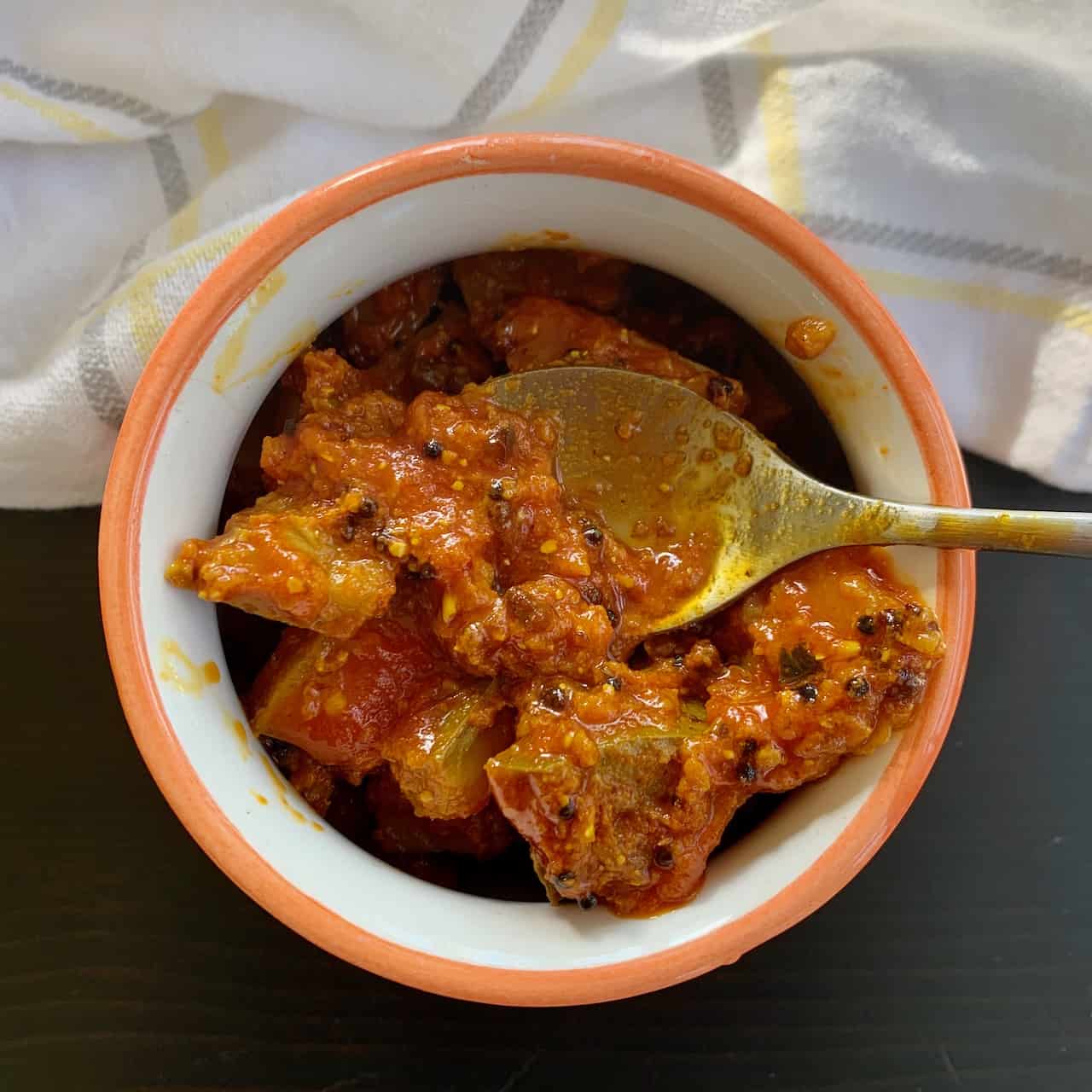 Every year my MIL used to make a jar of mango pickle for me and I would bring it back home during my annual visits to India. However, after my RA diagnosis and since going AIP, I had stopped all spicy food, she stopped making the pickles for me. I missed them terribly these past few years. Slowly, I have added some chilli powder back in my life and I do ok with it thankfully as long as it is in small quantities. That’s when I decided to try making my own pickles because that way I could control the amount of spices that went in them.
Every year my MIL used to make a jar of mango pickle for me and I would bring it back home during my annual visits to India. However, after my RA diagnosis and since going AIP, I had stopped all spicy food, she stopped making the pickles for me. I missed them terribly these past few years. Slowly, I have added some chilli powder back in my life and I do ok with it thankfully as long as it is in small quantities. That’s when I decided to try making my own pickles because that way I could control the amount of spices that went in them.
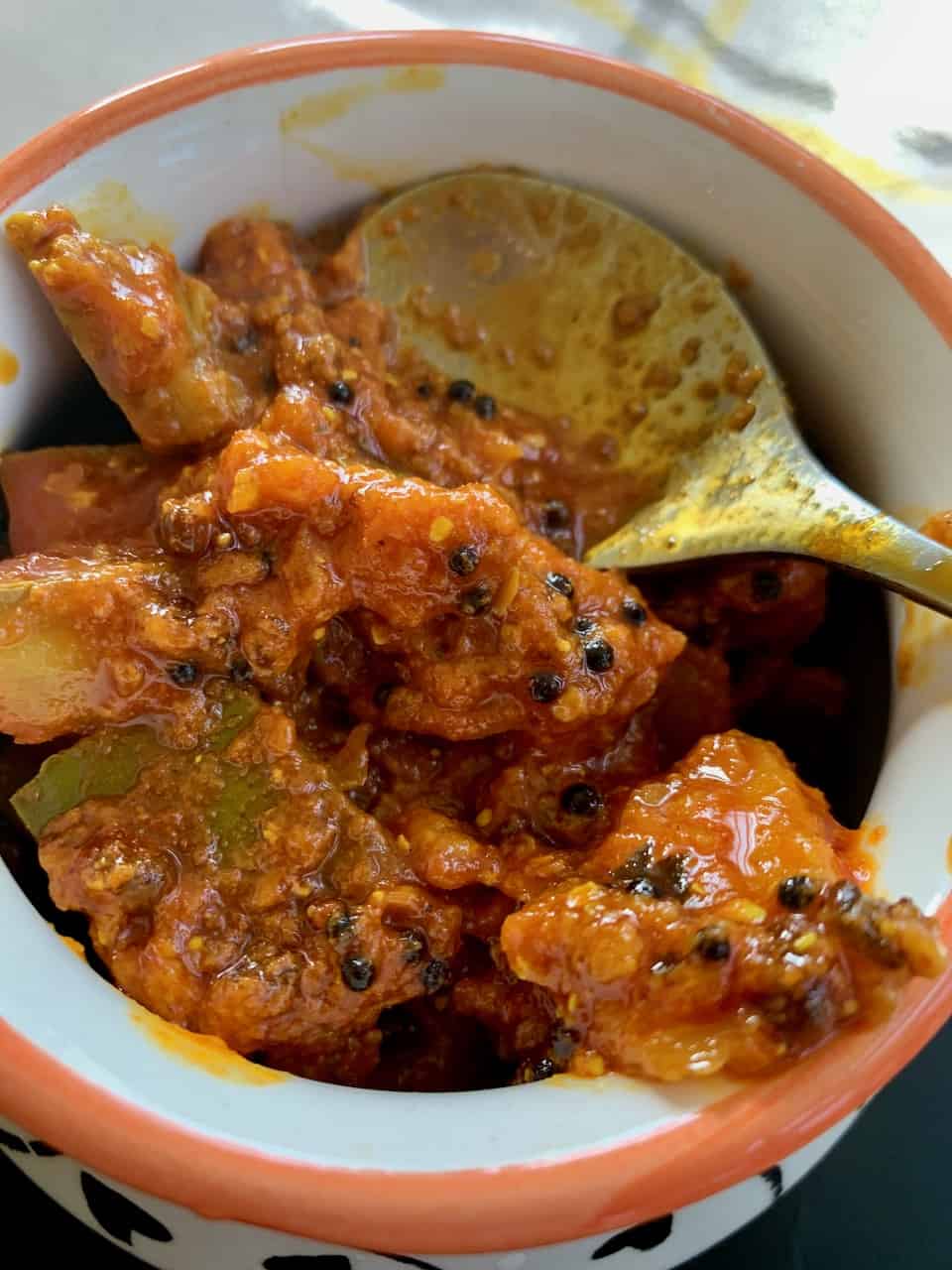 Last year when I was writing my cookbook AIP Indian Fusion, I created a lemon pickle recipe that is completely AIP! It’s in the book! I have also shared an Instant Lemon Pickle recipe before which I make for Onam Sadya.
Last year when I was writing my cookbook AIP Indian Fusion, I created a lemon pickle recipe that is completely AIP! It’s in the book! I have also shared an Instant Lemon Pickle recipe before which I make for Onam Sadya.
This past month, I decided to make green mango pickle since it’s my son’s favorite too. Since we do not get fresh raw tart green mangoes in our grocers, I used frozen green mangoes for this recipe. But if you can find fresh green mangoes, that will be best!
What are the ingredients in my Indian Green mango Pickle?
- Raw Green Mangoes – Fresh or Frozen
- Extra Virgin Olive oil
- Mustard Seeds
- Fenugreek seeds
- Ground Mustard
- Ground Fenugreek
- Asafetida – It’s a spice that adds a slight punch and is known as Hing in India. You can buy it online or purchase it from Indian grocers. Be sure to get a gluten free version. If you do not have this spice, you can omit it.
- Sea salt
- Turmeric
- Red Chili powder (optional) – I add a little bit of red chilli powder since I am able to tolerate nightshades in small quantities however, you can make this pickle completely nightshade free too!
- Apple cider vinegar: Apple Cider vinegar provides the probiotic in this recipe and along with the sea salt it also helps to preserve the pickle
- Sesame oil – For flavor and beneficial nutrients
- 2 cups chopped green mangoes (you can leave skin on) - fresh or frozen(thawed)
- 1 tbsp Himalayan pink salt
- ½ tsp turmeric powder
- ⅛ tsp asafoetida (optional)
- ½ tsp Kashmiri red chilli powder (optional; omit for nightshade free)
- ½ tsp ground mustard
- ½ tsp ground fenugreek
- ½ cup to ¾ cup organic raw Apple Cider Vinegar (Bragg's)
- 1 tbsp cold pressed sesame oil
- more Himalayan pink salt as needed
- 2 tbsps extra virgin olive oil
- ½ tsp mustard seeds
- ½ tsp fenugreek seeds
- In a mixing bowl, add the chopped mangoes (if using frozen, thaw first and remove as much water as possible using paper towels) and all the spices and mix well. Keep aside.
- Place a small frying pan or a tadka pan (tiny wok) on the stove and heat for 2 mins on medium heat until hot. Add the olive oil and immediately add the mustard seeds and the fenugreek seeds. Lower the heat to low and constantly stir the pan. The seeds will start spluttering in a minute or so and when all the spluttering is done, turn the heat off and pour this garnish over the spiced mangoes and mix well to coat all of them well. Let this mixture sit for about 15 minutes until it gets cool.
- Transfer the mango mixture to a glass jar / mason jar. Now add the apple cider vinegar slowly to the jar until all the mango pieces are submerged in the liquid completely. Now do a taste test and add more salt if needed as the vinegar will reduce the salty taste.
- Finally add the sesame oil on top and mix again using a long spoon. Cover the jar and keep it at room temperature for about two weeks opening it every 2-3 days to let the gases out.
- Check the pickle after two weeks to see if the mango is soft. If not, let it sit for another week or two before using!
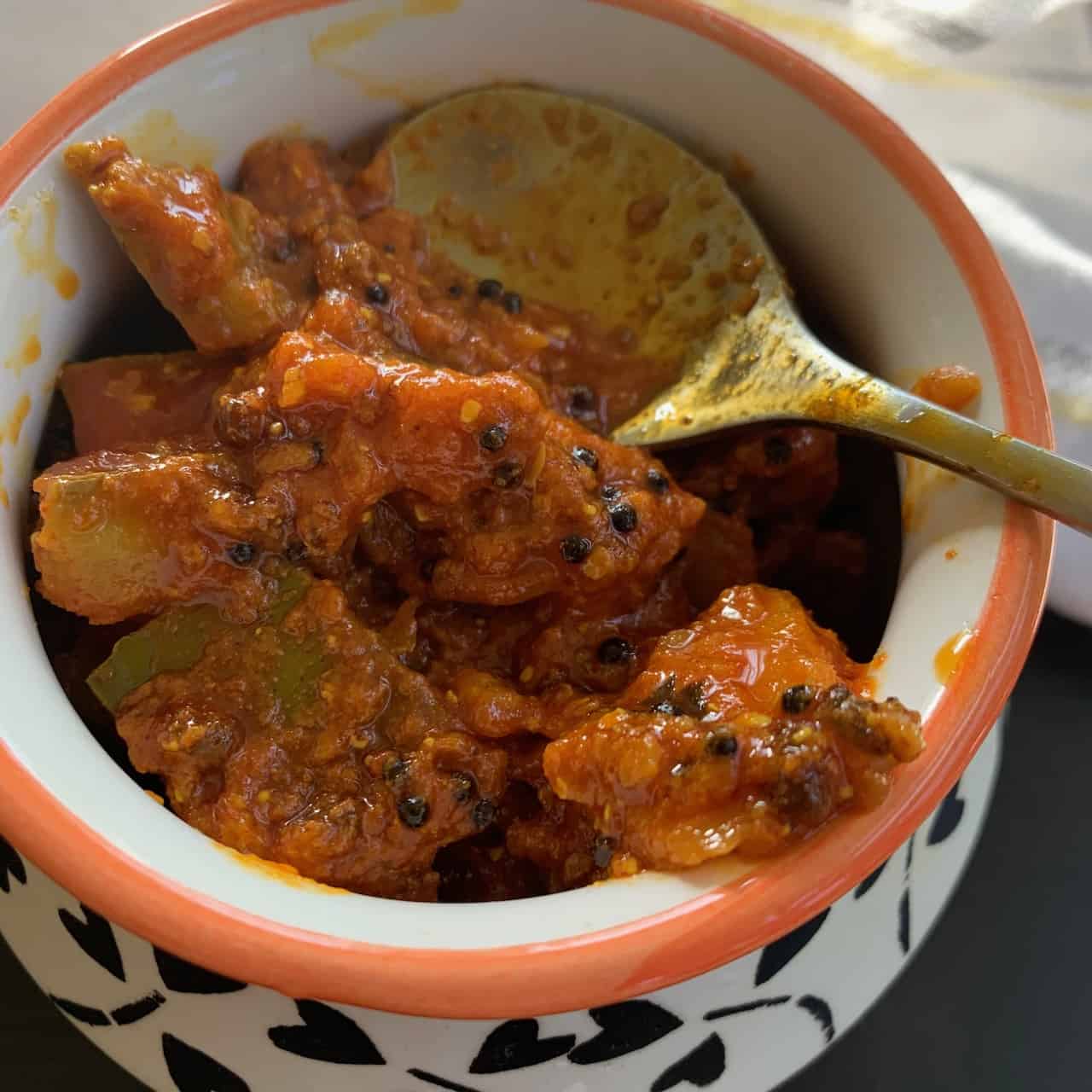

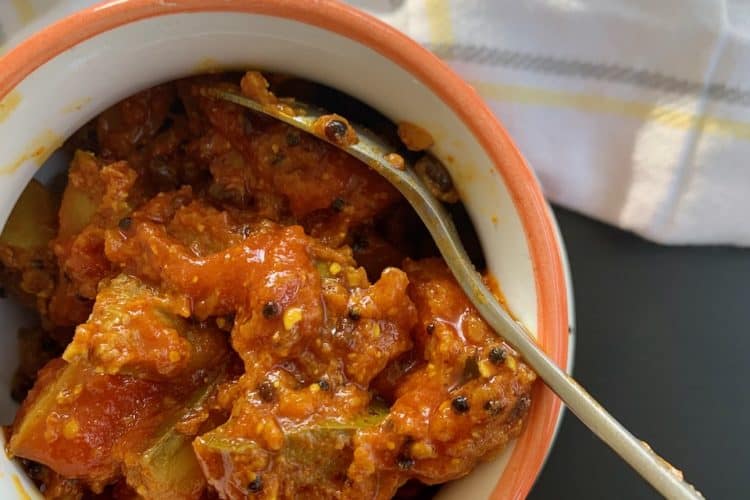
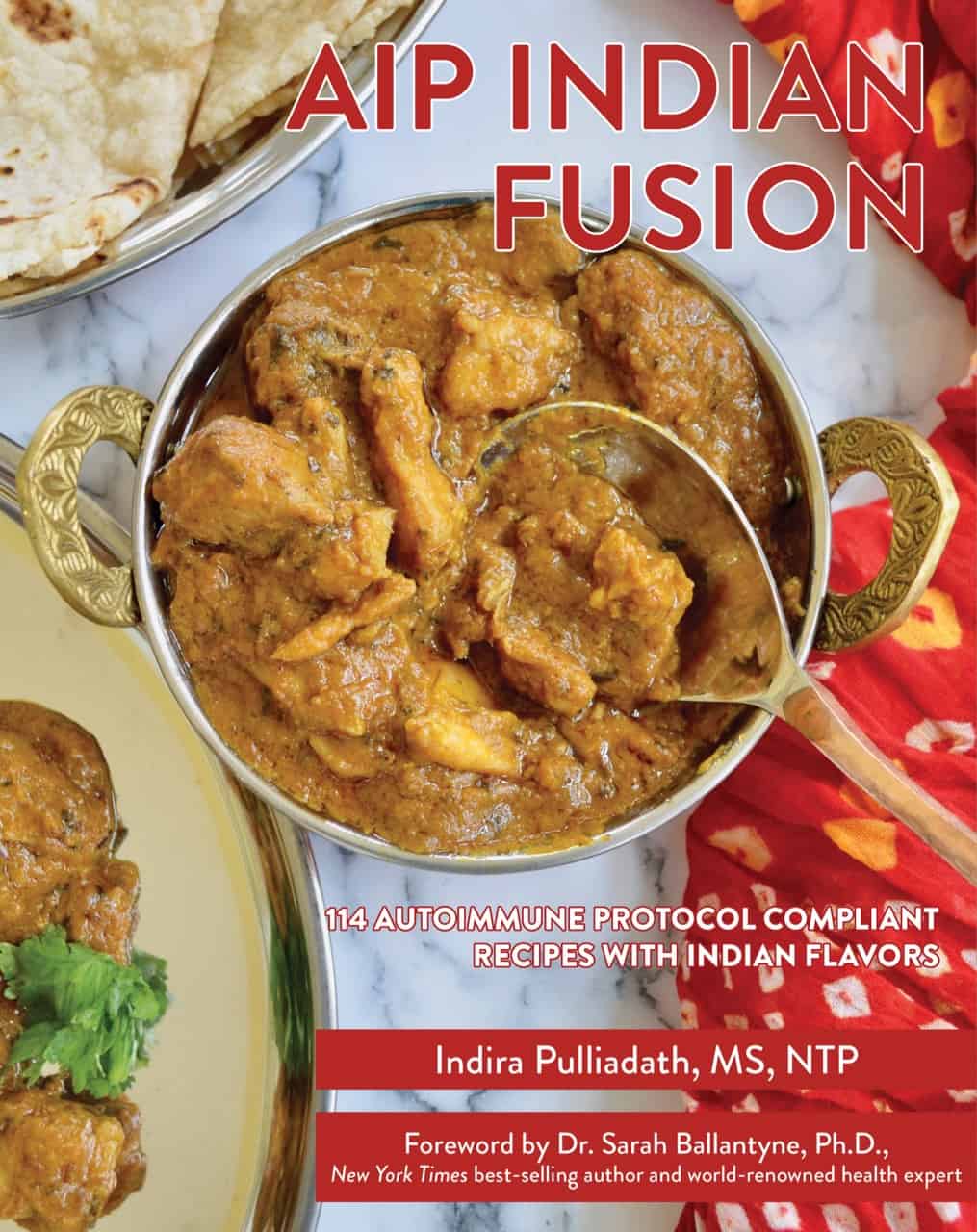

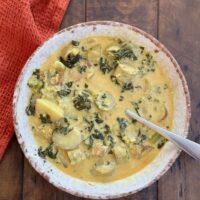



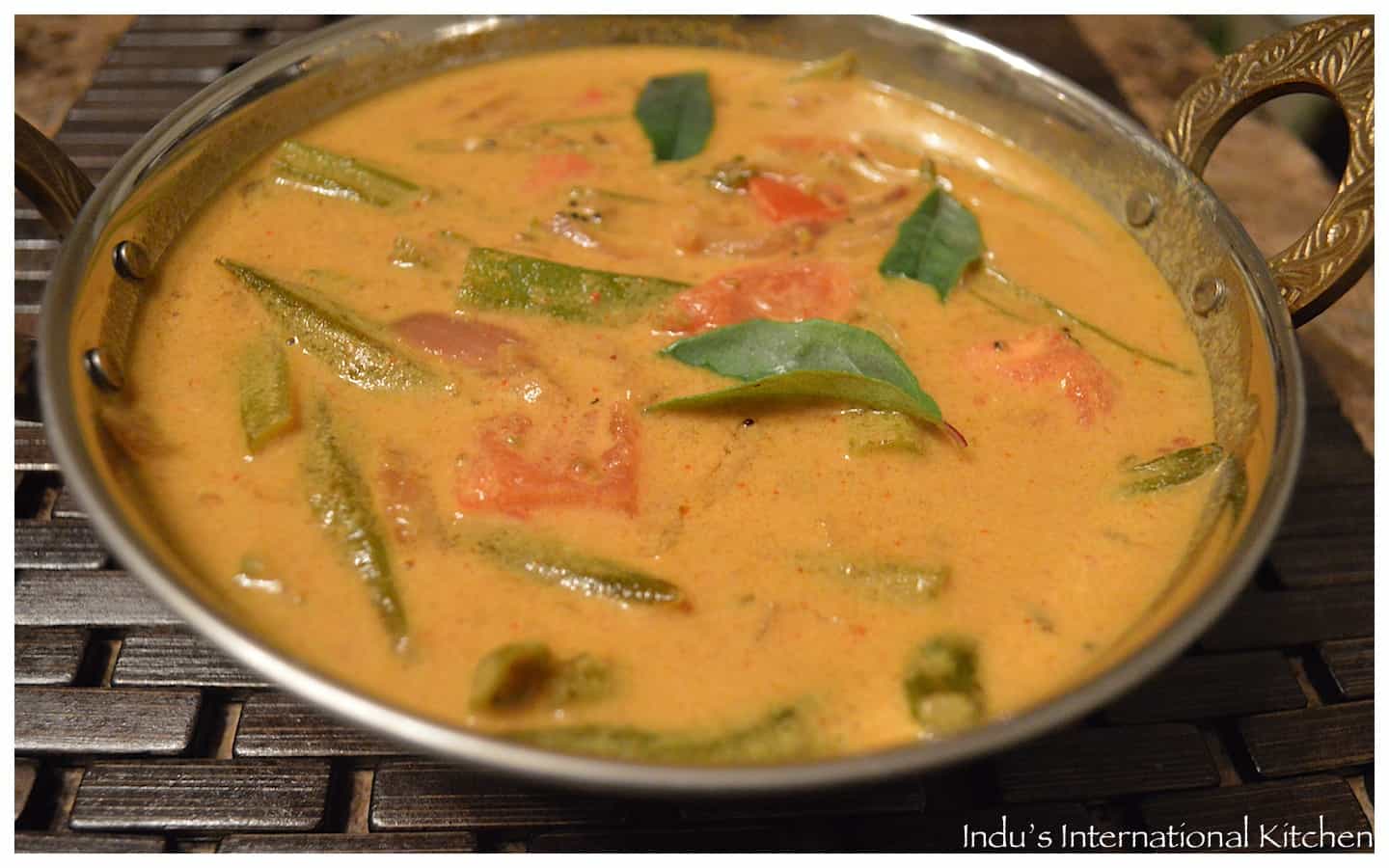
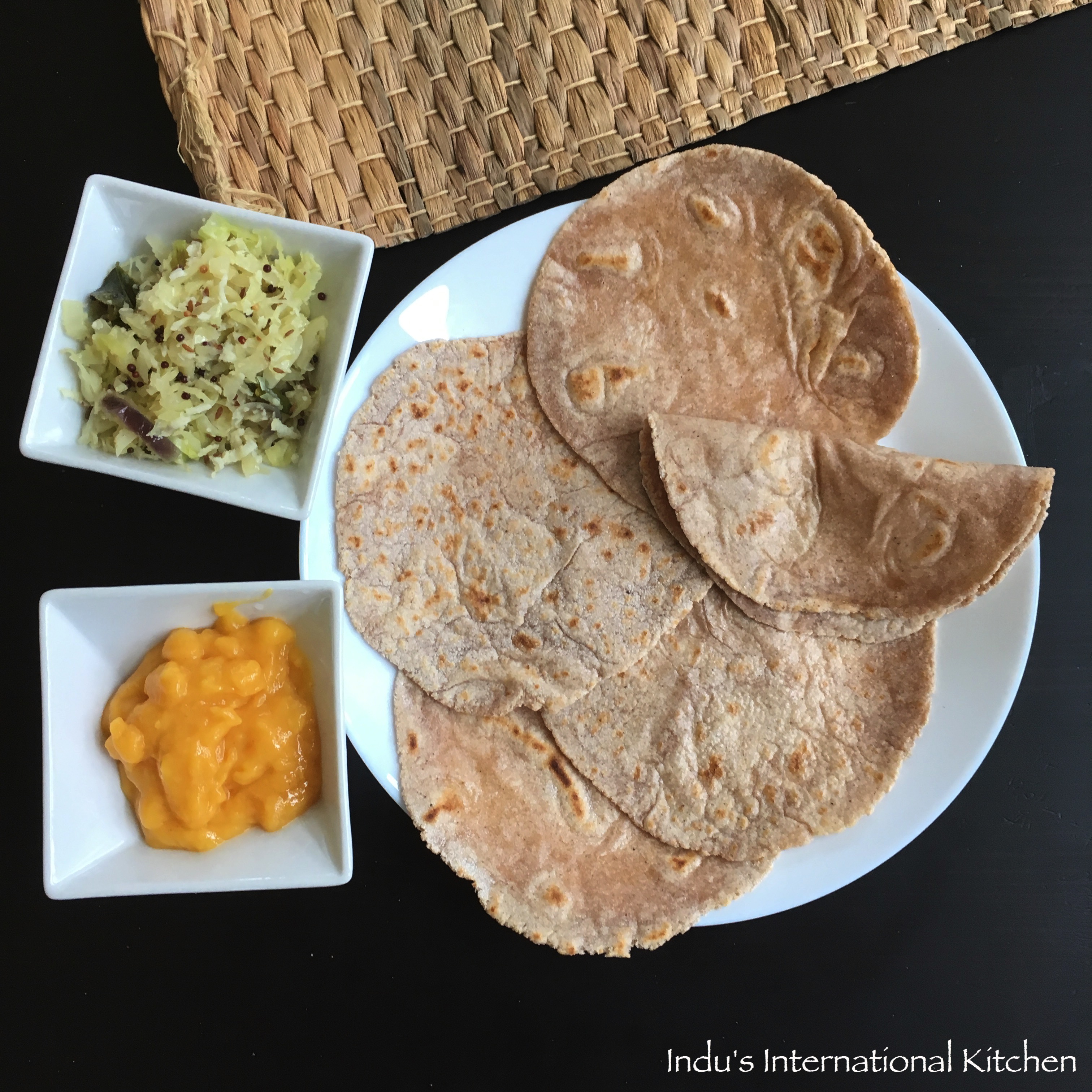
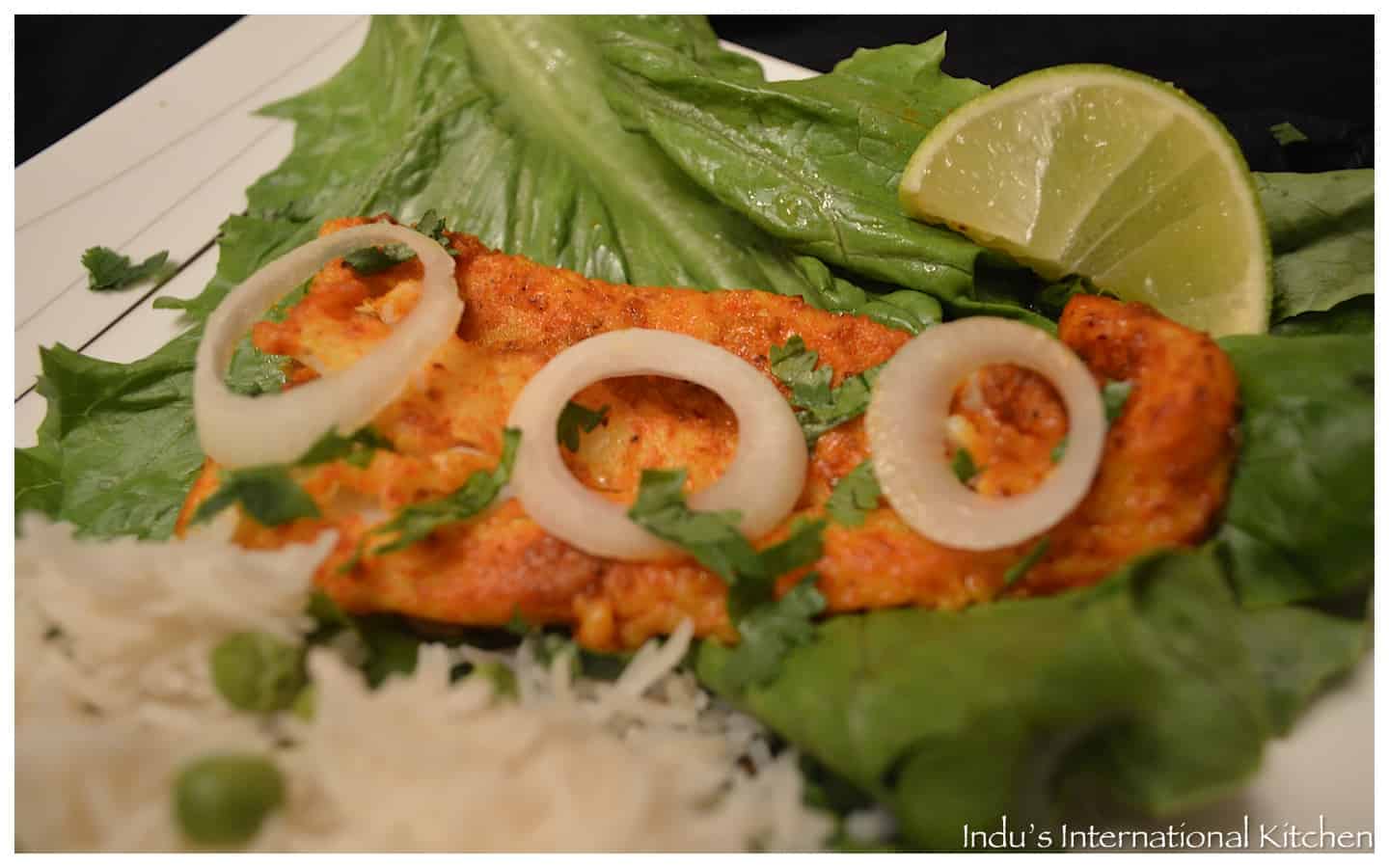
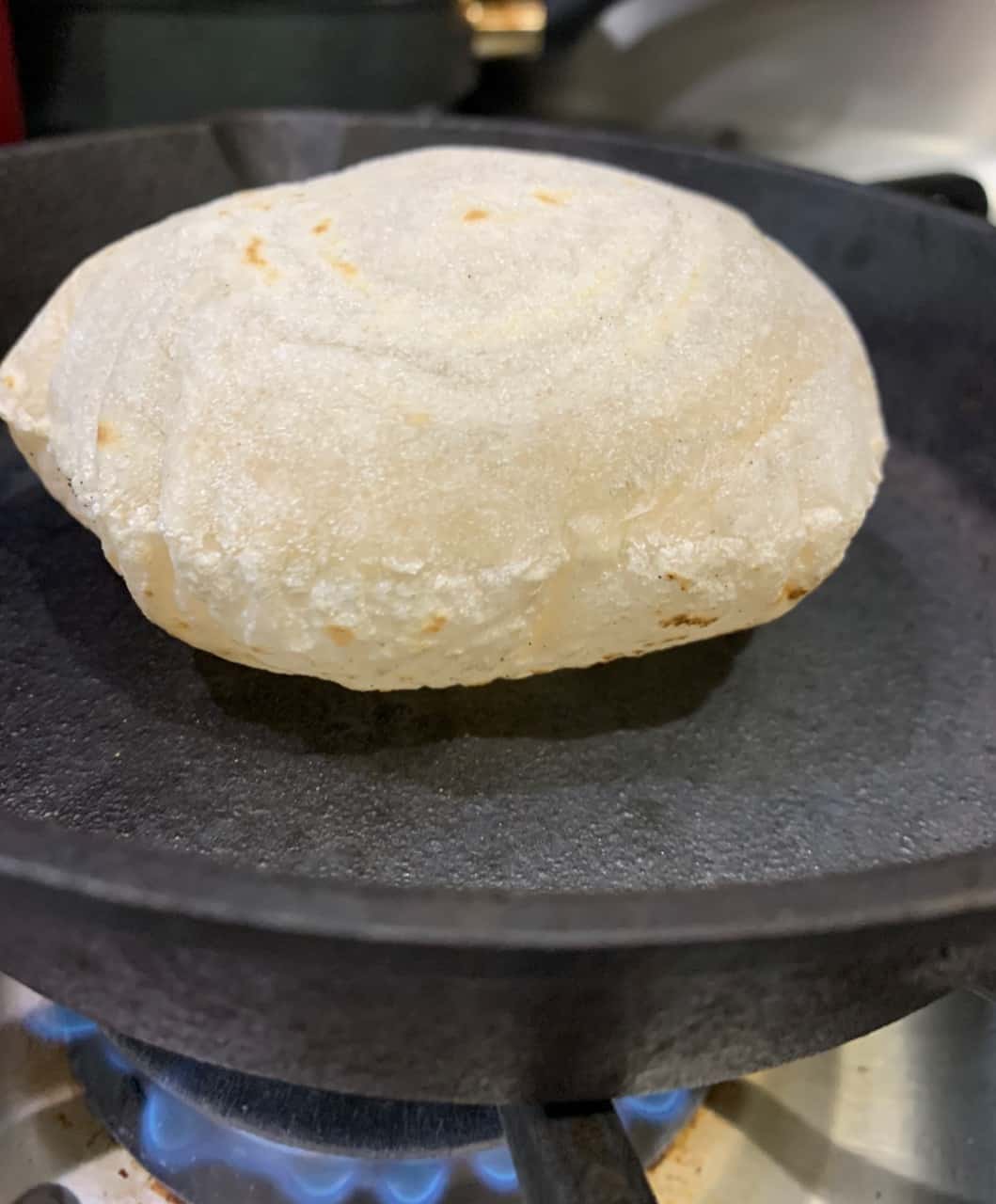

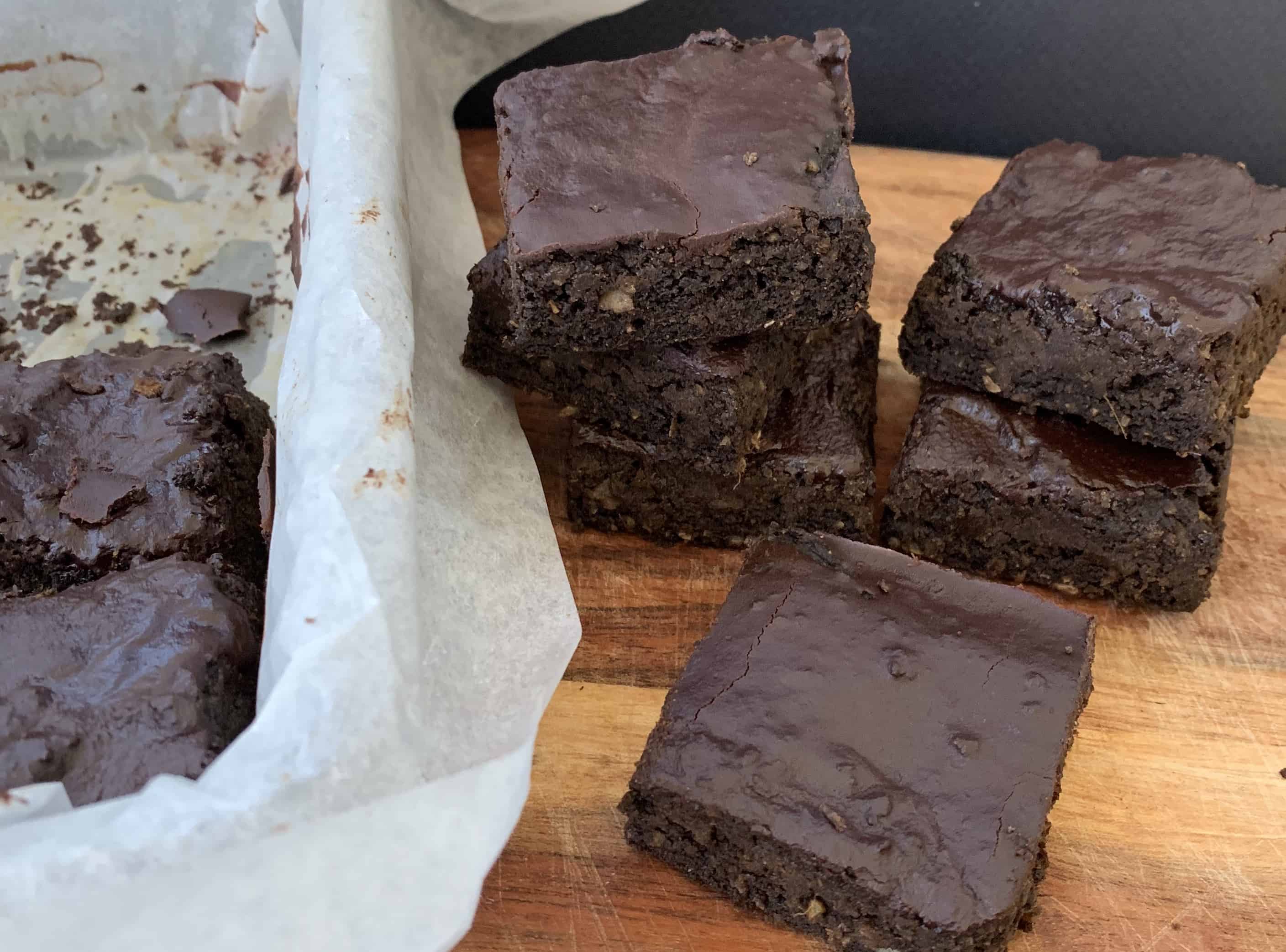
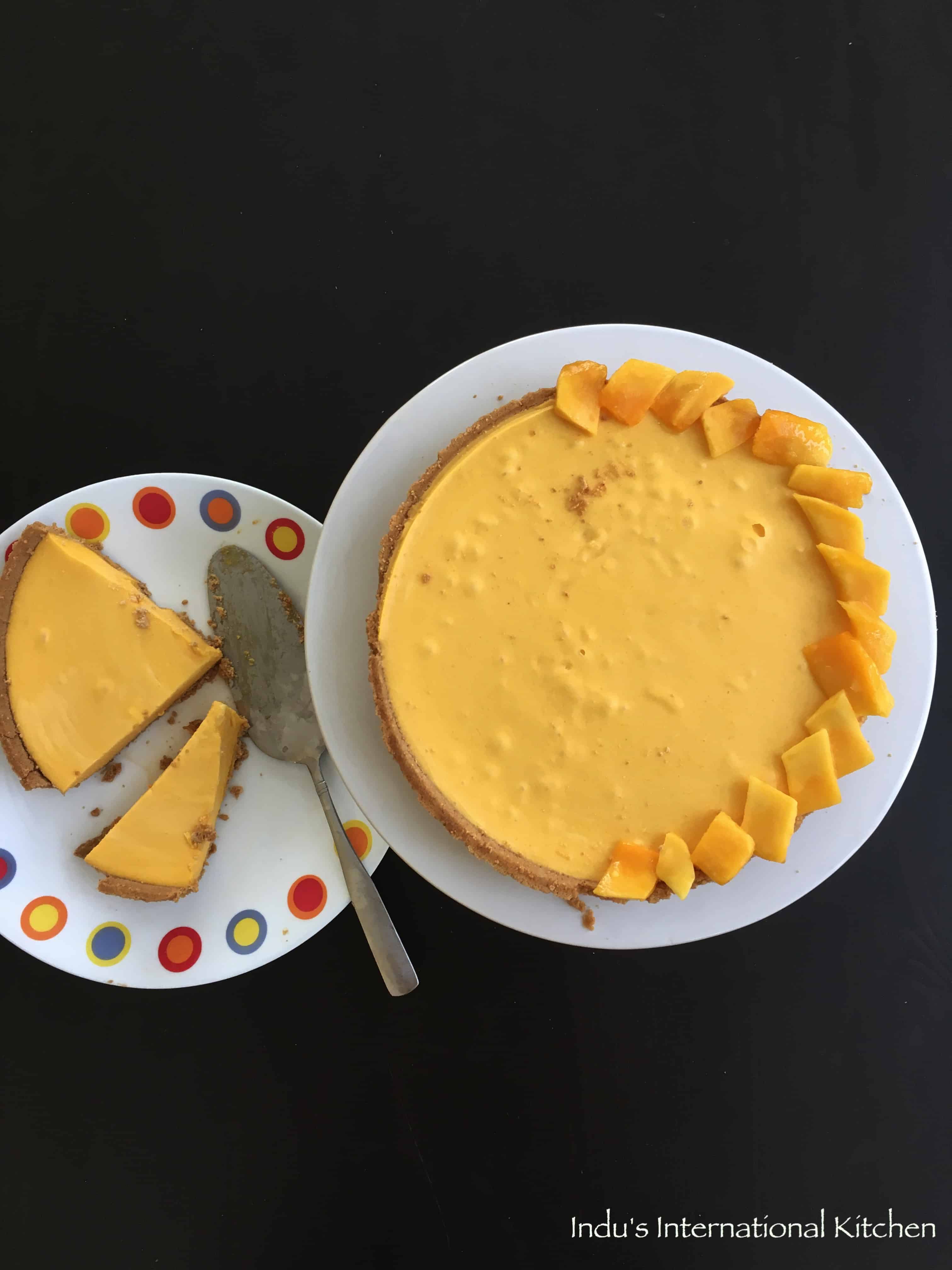
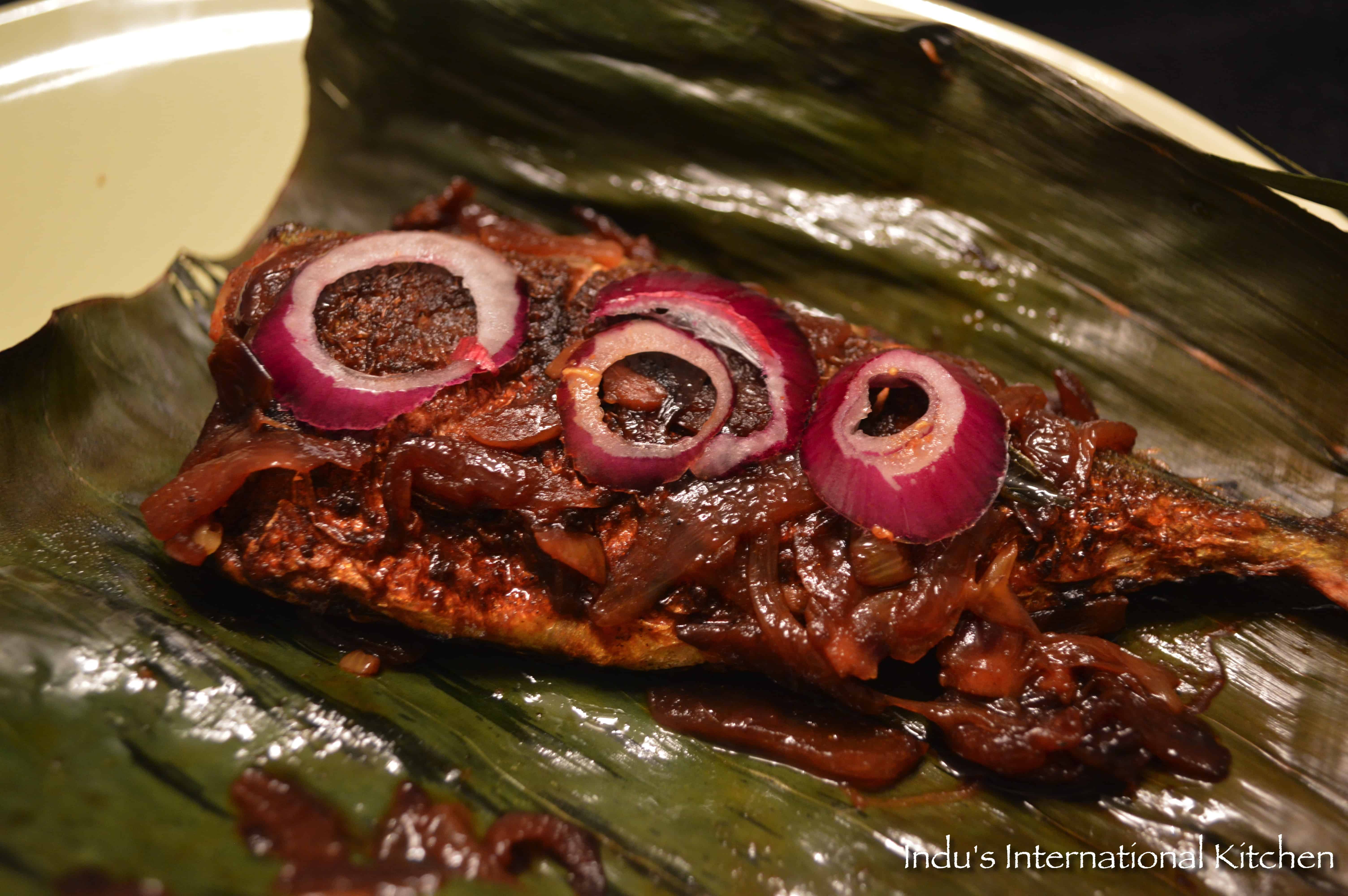


C a the asafoetida be left out or replace w something else? I’ve never heard of it or seen it? Where can I possibly find it?
yes it can be totally left out if you don’t have it. It just adds a slight punch. You can purchase it online or in Indian grocers. You have to make sure to get a gluten free version. It is called as Hing in India.